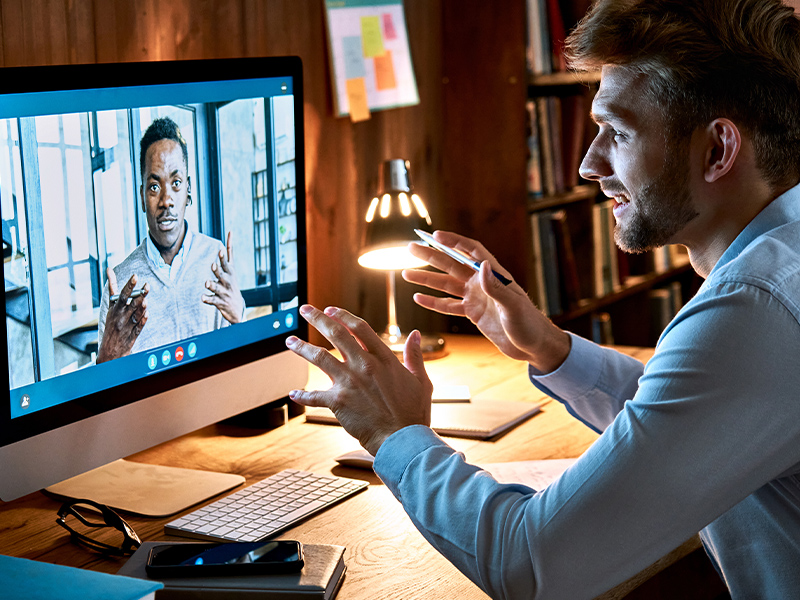The Coachability Mindset
Let’s say you have a business, or you have an idea, but you need expertise to help you get over a hurdle. So, you decide to reach out for an expert. You have a discussion with this expert, and they give you great ideas and direction. The question is, are you going to take their advice, or are you going to run with what you think you know? Being able to use and apply this newfound information is an example of being coachable.
Coachability is the willingness and choice to take what somebody else has given you to help you improve in your personal and professional life.
It is an approach or attitude to help you work through problems that you may be having while you seek outside help. Just as an athlete listens to a coach to help them become better at their craft, so an entrepreneur should listen and apply the lessons that their expert is sharing with him.
All of us have different areas of expertise, some in the educational realm while others may be more in a technical realm. Regardless, we all need help in some areas of our lives. If we want to add on to our home and we do not have the relative experience, then we seek outside assistance with our project. Can you imagine trying to add a porch onto your home and having no experience? Therefore, it is important to consult someone who knows something about building porches.
It is the same way with our finances.
We seek financial advisors to help us with our money to save for our future and provide for our retirement needs. We will be foolish not to listen to someone who has this experience and knowledge concerning what we are seeking. We possibly could end up with very little money during retirement if we do not implement the advisor’s strategy!
So being willing to be coachable or having coachability is important if we are going to succeed at what we are seeking to do. If we want our idea to be successful there are many areas in which we don’t have experience or knowledge and we must use outside conversations.
So how can we be more coachable?
First, we must be open-minded. We should be a little humbler and leave our ego at the door.
Next, we must listen and interact with the expert. Having two ears to listen and one mouth to speak is necessary. Do not be afraid to ask questions because this is the first step in learning and displays a growth mindset.
Finally, be willing to implement and incorporate the suggestions. Changing our direction can affect our outcome of the project and possibly lead to greater success.
Having coachability is an attitude to accept constructive criticism and willingness to grow to improve ourselves. Nothing can interrupt the process of coachability more than us getting in the way and staying out of our own way is half the battle to being successful.


